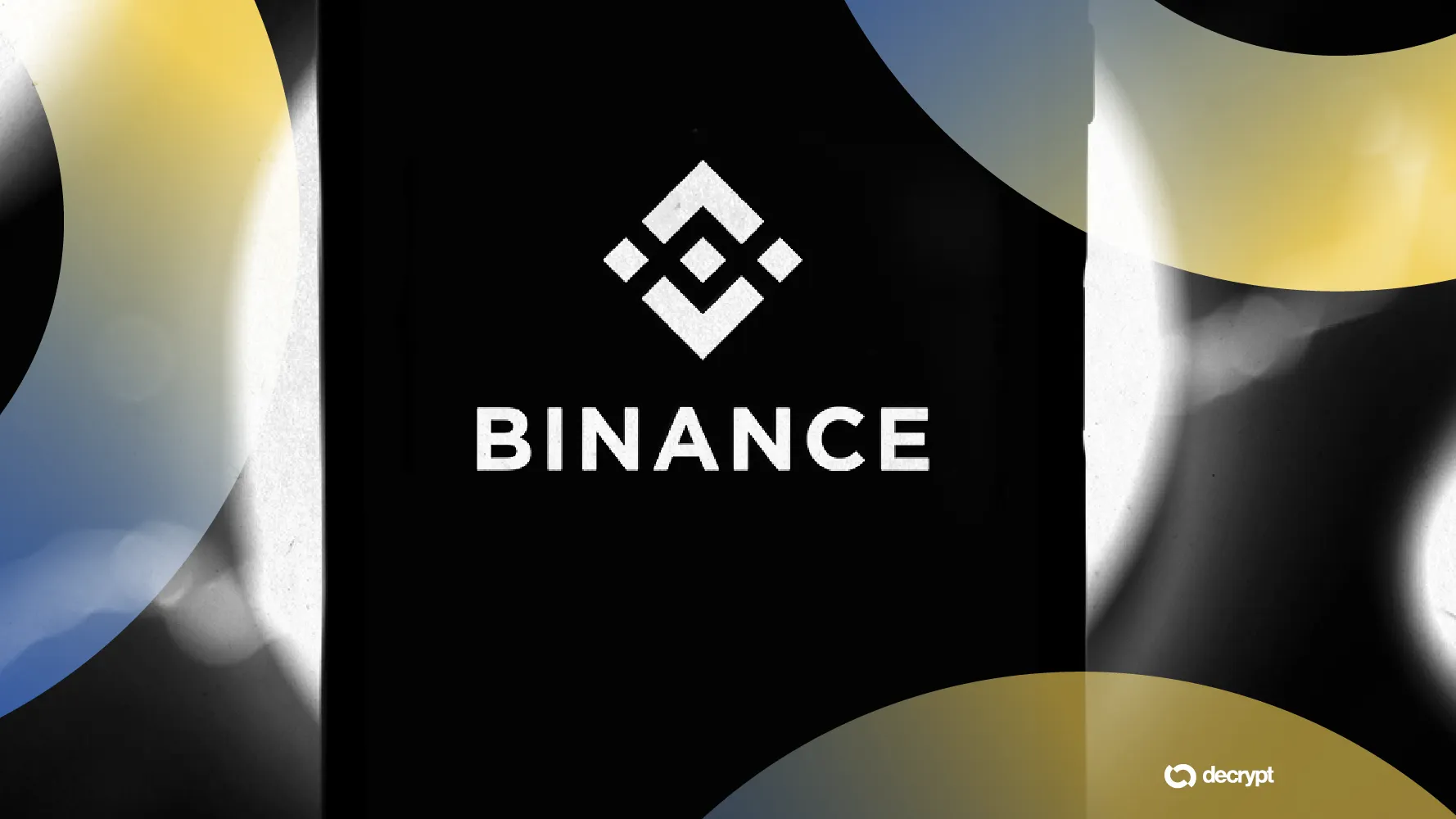In brief
- AUSTRAC has directed Binance Australia to nominate external auditors within 28 days after identifying "serious concerns" with anti-money laundering controls.
- The regulator flagged inadequate reviews, "high staff turnover," and insufficient local management oversight at the platform.
- This action adds to a string of regulatory measures, including a $5.1 million fine for Kraken and warnings directed at Bitget.
Australia's financial intelligence agency has ordered the Australian arm of the world's largest crypto exchange to appoint an independent auditor, citing “serious concerns” in its crime prevention systems that allegedly leaves the platform vulnerable to illicit money flows.
AUSTRAC directed Investbybit Pty Ltd, Binance Global’s Australian arm, to undergo external scrutiny after identifying major gaps in the exchange's anti-money laundering and counter-terrorism financing controls.
The latest AUSTRAC directive gives Binance Australia 28 days to nominate external auditors for regulatory approval.
The enforcement action is another regulatory blow for Binance Australia, which has faced mounting compliance challenges as authorities crack down on crypto platforms that fail to meet local standards.
In December, ASIC fined Kraken’s local operator $5.1 million for unlawful margin trading, and last month it warned Bitget for offering unlicensed leveraged futures products.
"Big global operators may appear well resourced and positioned to meet complex regulatory requirements, but if they don't understand local money laundering and terrorism financing risks, they are failing to meet their AML/CTF obligations in Australia," AUSTRAC CEO Brendan Thomas said.
The regulator highlighted troubling findings, including an inadequate independent review that failed to match Binance's scale and risk profile.
"High staff turnover" and insufficient local management oversight raised additional red flags about the platform's governance structure, according to the statement.
"Businesses need to maximise the value of independent reviews and ensure appropriate testing and review across critical processes and controls," Thomas said, demanding greater rigour from major international exchanges operating in high-risk environments.
Binance's Australian troubles stretch back to February 2023, when it admitted misclassifying 500 retail clients as wholesale investors, triggering ASIC investigations.
Last December, ASIC launched legal proceedings alleging the platform stripped over 500 customers, 83% of its Australian base, of essential consumer protections between July 2022 and April 2023.
The exchange compensated affected clients approximately $13 million in 2023.
ASIC subsequently cancelled Binance Australia Derivatives' operating license in April following a targeted review, with Deputy Chair Sarah Court calling the platform's compliance systems "woefully inadequate."
Thomas warned that "capacity and risk controls need to correspond to the size of a business and its market presence, particularly as it scales."
“Binance’s repeated governance issues in Australia, from AML/CTF deficiencies to client misclassification, highlight the critical need for crypto exchanges to prioritize robust, localized compliance frameworks,” Mohit Agadi, founder of Fact Protocol, told Decrypt.
“In light of AUSTRAC’s concerns, investors should ensure their providers meet local compliance standards and remain vigilant about the evolving rules governing digital assets,” he said.

